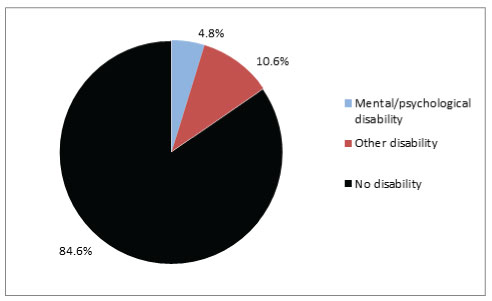Accommodating religious beliefs in our courtrooms
From: Annual report 2008-2009
Although it is rare for the Commission to intervene in a criminal case, it will do so when human rights issues arise that are of greater public interest. This is why the OHRC applied to intervene at the Superior Court of Ontario, which was hearing the judicial review application of a woman who was ordered to remove her niqab when testifying at a preliminary hearing in a sexual assault case. A niqab is a veil for covering the hair and face except for the eyes that is worn by some Muslim women.

